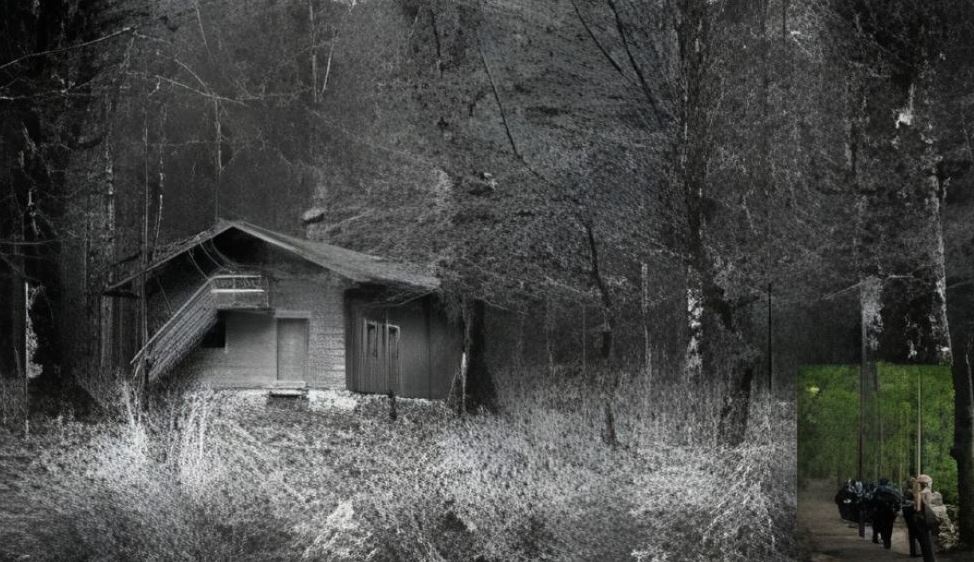Trails Carolina, a wilderness therapy program intended to aid struggling teens and young adults, has become a topic of intense discussion and controversy. While many wilderness therapy programs have been lauded for their innovative approaches to mental health and behavioral issues, a darker narrative has emerged around some, including Trails Carolina. This article delves into the horror stories associated with Trails Carolina, unraveling the complex tapestry of experiences, allegations, and the challenging discourse surrounding such therapy programs.
The Concept of Wilderness Therapy
To understand the context of Trails Carolina, it is essential to comprehend what wilderness therapy entails. Rooted in the belief that nature can be a powerful catalyst for personal growth and healing, wilderness therapy programs typically remove individuals from their usual environments. Participants are immersed in nature, often engaging in activities like hiking, camping, and outdoor skills training. This setting is supposed to foster self-reliance, responsibility, and emotional growth. However, the effectiveness and safety of these programs have been questioned, leading to horror stories and concerns from various quarters.
Trails Carolina: A Profile
Trails Carolina, located in the serene and rugged landscapes of North Carolina, presents itself as a beacon of hope for families struggling with a child's behavioral or mental health issues. The program aims to offer a blend of therapy, education, and outdoor living experiences to help participants overcome their challenges. While the intent appears noble, numerous accounts and horror stories have surfaced, casting a shadow over the program's methods and outcomes.
Unfolding the Horror Stories
The horror stories associated with Trails Carolina are multifaceted, involving allegations of abuse, neglect, and unethical practices. Some former participants recount experiences of extreme physical exhaustion, emotional trauma, and inadequate medical attention. These accounts often detail harsh living conditions, punitive disciplinary measures, and a lack of proper therapeutic support. The intensity and consistency of these stories have raised significant concerns about the safety and ethics of the program.
Debating the Efficacy and Ethics of Wilderness Therapy
The controversies surrounding Trails Carolina have ignited a broader debate about the efficacy and ethics of wilderness therapy. Proponents argue that such programs can be life-changing, providing structure, discipline, and a unique form of treatment that traditional settings cannot offer. Critics, however, point to the lack of regulation, the potential for abuse, and the traumatic experiences recounted by some participants. This debate is complicated by varying accounts, with some participants reporting positive transformations while others describe their experiences as nothing short of horrific.
Regulatory Oversight and Industry Standards
One of the critical issues in the Trails Carolina saga is the question of regulatory oversight and industry standards. Wilderness therapy programs operate in a gray area, where oversight can be limited, and standards vary widely. This lack of consistency in regulation and management can lead to programs without adequate safety protocols, trained staff, or therapeutic credentials. The horror stories from Trails Carolina have amplified calls for more stringent regulation and standardization in the industry.
Psychological Impact on Participants
The psychological impact of the experiences at Trails Carolina, as narrated by some former participants, is profound. Reports of post-traumatic stress, ongoing anxiety, and other mental health issues are standard among those who describe their experiences as traumatic. These accounts challenge the foundational premise of wilderness therapy – that of healing and personal growth – and suggest that the impact is quite the opposite for some.
Family Perspectives and the Dilemma of Choice
Families who send their children to programs like Trails Carolina often find themselves in a difficult position. On the one hand, they are seeking help for a child facing significant challenges. On the other, they are confronted with horror stories that cast doubt on the safety and efficacy of these programs. This dilemma is compounded by the high cost of such programs and the often desperate circumstances that lead families to consider wilderness therapy as an option.
The Future of Wilderness Therapy and Trails Carolina
The future of wilderness therapy, particularly Trails Carolina, hangs in a delicate balance. As more horror stories surface, there is increasing scrutiny from the media, regulatory bodies, and mental health professionals. The industry may be at a crossroads, needing to address these concerns head-on, improve standards, and restore trust. Alternatively, the weight of negative publicity and potential legal challenges could lead to significant changes in how these programs are run or even their viability.
Conclusion
Trails Carolina's horror stories present a complex and troubling picture of a therapy model that has both supporters and detractors. These narratives raise critical questions about wilderness therapy's ethics, safety, and effectiveness. As families, professionals, and regulatory bodies grapple with these issues, the overarching goal must be the welfare and safety of the participants. The journey ahead involves not only scrutinizing and potentially reforming existing programs but also ensuring that the voices of those who have suffered are heard and acknowledged in the quest for better mental health interventions.


No comments yet